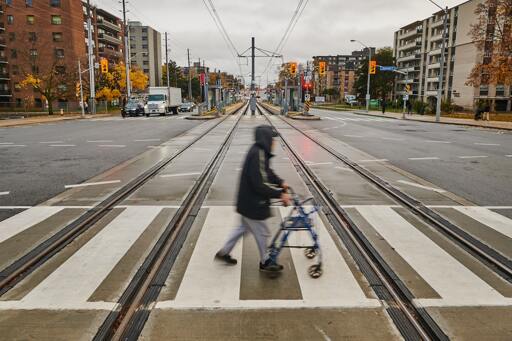so this article briefly mentions an interesting point in the second paragraph but doesn’t follow up on it:
These difficulties are not unique to Canada. The English-speaking world is rife with examples of hugely expensive and delayed transit projects
https://urbanists.social/@straphanger/113617757559814333
it’s because we don’t look outside of the anglosphere for inspiration and examples… and the anglosphere is nortoriously bad at building transit
“Every country with a transit project over $1 billion per kilometre speaks English as its primary language,” they report. The US, HK, Australia, UK also spend too much—because they fail to look at projects in the rest of the world, comparing only within the Anglosphere.
edit: actually, both the globe article and the mastodon thread link to the same report that discusses the problem in the anglosphere: https://archive.is/o/fX30B/https://stateofcitiessummit.ca/files/041224_Understanding-the-Drivers-of-Transit-Construction-Costs-in-Canada-A-Comparative-Study.pdf
How about lookijg at the Netherlands…? And by extension, France (especially Paris!)
Canadian officials have reacted to cost increases [due to consulting fees, poor design/construction practices] by shrinking transit projects to make them cheaper, rather than by tackling the reasons for price inflation. “If construction costs can be meaningfully reduced, more ambitious projects with greater benefit and larger scope can be built at lower costs,”
This seems like a common problem with Canadian politicians: rather than addressing problems and working towards a long term vision, sweep the problem under the rug.
There’s also been so little transit built in the last generation in Canada that governments have lost the knowledge needed to oversee a project, even one built by the private sector.
This one is huge. Instead of constantly building new lines as we do with roads, we have massive one-offs.
And then the article talks about public-private-partnerships (P3s).
Functional transit could bring massive changes to the emissions and housing issues facing this country. It would also impact big auto and big oil profits, the people our politicians actually tend to work for.
Why? Political micromanagement and public-private partnerships each play a big role.
Yes, those things, but I’m going to go out on a limb and say that NIMBYs play a larger role in most projects not moving forward or being delayed.



